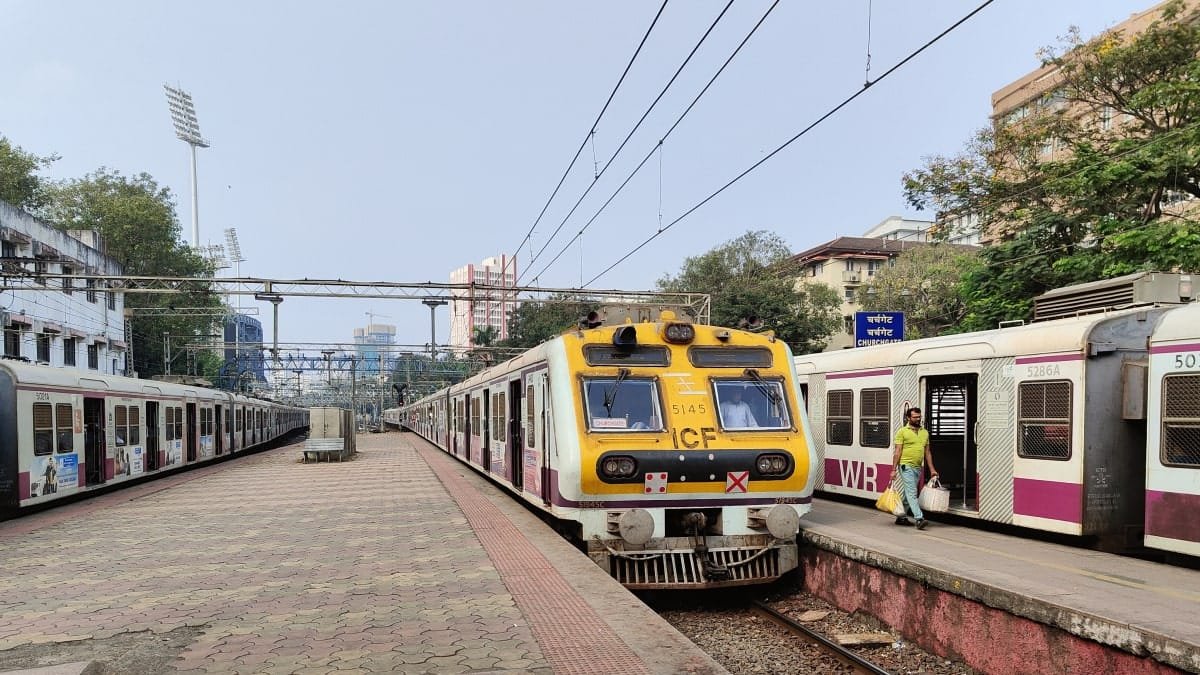Mumbai Local Trains to Grow by 10% with Major Upgrades
In a major development under the Union Budget for 2025-26, the Mumbai suburban railway network is set to undergo significant expansion. Union Railway Minister Ashwini Vaishnaw recently announced a 10% increase in the number of local train services operating in Mumbai, marking a promising shift towards addressing the city’s long-standing transport challenges. At present, approximately 3,200 local train services cater to the bustling commuter population of Mumbai, but this number is expected to rise to 3,500 in the near future. This increase promises greater frequency and improved convenience for passengers who rely on the local trains for daily commutes.
The move is part of an ambitious initiative to enhance Mumbai’s public transport infrastructure, with a focus on reducing overcrowding, improving ride quality, and making train services more reliable. One of the key upgrades includes the design and manufacture of new trains that are built to provide a smoother ride, minimise vibrations, and offer enhanced air circulation. These changes are intended to create a more comfortable travel experience for the millions of commuters who rely on the Mumbai local trains every day. The upgrades are also complemented by ongoing improvements to the signalling system, which are set to reduce the gap between trains. With the current headway of 180 seconds, this will be shortened to 150 seconds, with future plans to reduce it further to just 120 seconds. These optimisations are aimed at achieving a more efficient, punctual, and scalable railway network.
Furthermore, the expansion plans include the construction of new tracks, the extension of existing ones, and the development of additional terminals to accommodate the rising demand for local train services. To ensure that these projects are completed efficiently and effectively, a tripartite agreement has been established between the state government, Indian Railways, and the Reserve Bank of India (RBI). Under this agreement, the RBI will cover the expenses incurred by the state government, facilitating the swift implementation of these infrastructure upgrades. The collaborative approach aims to streamline the funding process and ensure that the project remains on track, benefiting commuters and enhancing Mumbai’s urban landscape.
From a sustainability perspective, the upgrades to Mumbai’s local train services offer a multifaceted environmental benefit. By increasing the efficiency and capacity of the rail network, the need for road-based transportation will be reduced, potentially lowering the city’s carbon emissions and easing traffic congestion. Moreover, the new trains and improved infrastructure are expected to operate with greater energy efficiency, contributing to a cleaner, greener Mumbai. Additionally, expanding the railway network helps decrease the reliance on personal vehicles, further supporting sustainable urban mobility solutions. As the city continues to grow, it is essential that its public transport systems evolve in tandem to meet the demands of an expanding population, while prioritising environmental responsibility. The BMC’s commitment to sustainability is evident in the focus on optimising rail services to meet both current and future needs, ensuring that urban development progresses in an eco-conscious manner.
In conclusion, the planned expansion and modernisation of Mumbai’s local train network not only promise to enhance the convenience and comfort of daily commuters but also reflect a broader vision for sustainable urban development. With the implementation of these changes, Mumbai is positioning itself as a forward-thinking city that values both the well-being of its citizens and the environment. The government’s focus on public transport infrastructure is a critical step towards building a future-proof, resilient, and sustainable urban landscape in India’s financial capital.


